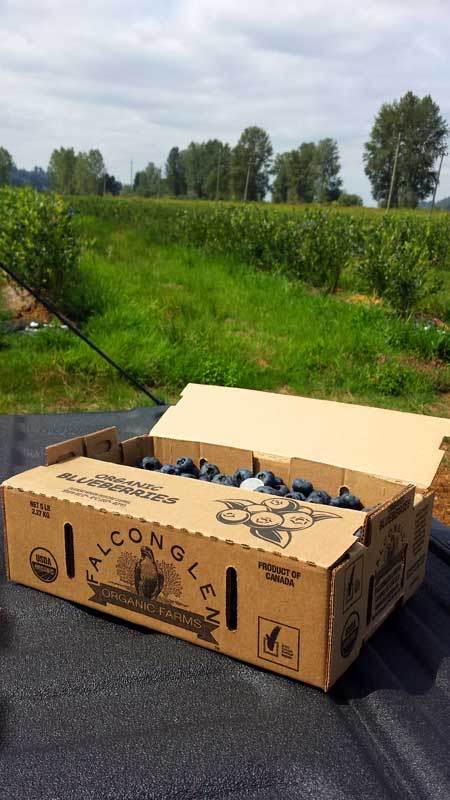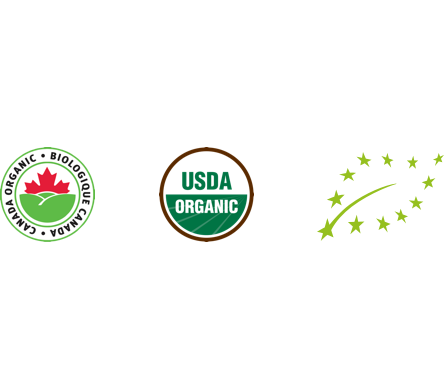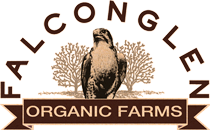- Login
- Register
Organic farming promotes the sustainable health and productivity of the ecosystem – soil, plants, animals and people. Organic foods are farmed in an environmentally sustainable and socially responsible way, focusing on soil regeneration, water conservation and animal welfare.
What it’s not…
Most people think of organic farming in terms of what is NOT allowed:
- Produce and grains are grown without synthetic pesticides, herbicides, fertilizers or GMOs (genetically modified organisms)
- Animals are never fed the by-products of other animals, and are not kept constantly caged indoors, without access to fresh air, or opportunities to socialize with other animals
- Processed organic foods do not contain chemical preservatives or synthetic additives like colourings and waxes
There are more “do’s” than “don’ts”.
But the fact is, simply removing agri-chemicals is not enough to turn a conventional farm into an organic farm. Organic farming is an active, labour-intensive process.
For example, organic farmers use quality compost, cover crops (such as nitrogen-rich alfalfa) and crop rotation to nourish soil naturally, and to allow it to rest and regenerate. Plants grown in healthy soil are better able to feed and protect themselves from pests and disease, which means they won’t require heavy applications of fertilizers and pesticides. The expression, “Feed the soil, not the plant” is a familiar refrain among organic farmers.
Organic farmers are also careful about how they store and compost animal wastes, in order to safeguard air and water systems. They tailor their crops according to climate and soil, to optimise the natural growth cycle. Organic farmers also promote biodiversity, by growing a variety of crops, rather than one single crop. Through all of these methods, organic farmers prevent soil erosion, conserve energy, and help protect local wildlife, stream banks and watersheds. They help protect the global environment, as well: organic farming can greatly reduce the amount of greenhouse gases, such as carbon dioxide, that contribute to global warming. Click here to read a global report on The Role of Organic Agriculture in Mitigating Climate Change. Organic farming helps prevent topsoil erosion, improves soil fertility, protects groundwater and conserves energy.
Source: http://www.certifiedorganic.bc.ca/








